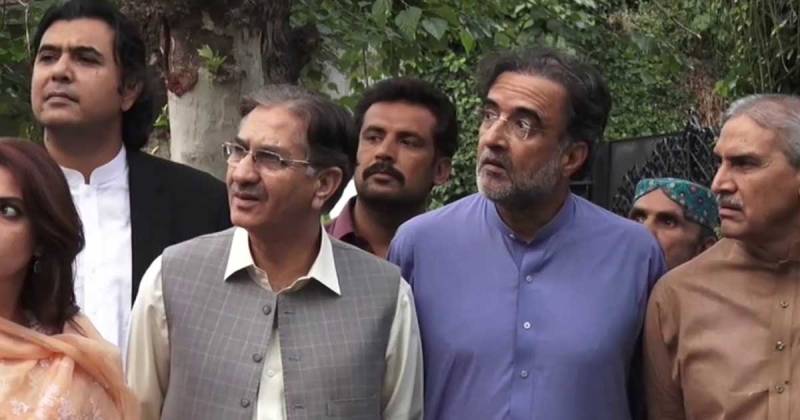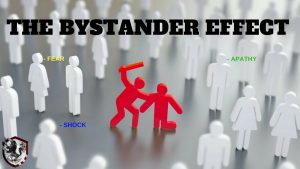
Technological advancement has for sure revolutionised human relations and the way we interact with natural and manmade calamities. What is worth a ponder is whether these advancements are adversely affecting our moral order and sense of empathy – empathy being a feeling of putting one in the shoe of others to understand what they are going through .
On March 17, I was shocked to see my timeline flooded with the images of Usama, the son of Mr Qamar Zaman Kaira, who lost his life in an accident. And then there were clips of a press conference which showed someone out of nowhere telling about Mr Kaira’s son and his reaction to the shocking revelation.
In their frenzy to get rating and likes on social media, Pakistani public and journalists seem to have gone quite overboard in their appeal to emotions. There seems to be a total lack of empathy in the way human emotions are presented rather manipulated for public attention.
Through an overload of emotions, the media, especially social media, is causing a total lack of empathetic responses among the public. There is a mix of pains of all kinds, one followed by the other – from a hungry child to a hapless woman, to rape victims to mutilated bodies and so on. This results in a desensitisation of the masses about the sufferings of their fellow beings at the subconscious level.
These media portrayal might seem trivial at first but they are altering the way we experience socio-cultural realities and how we react to calamities. This has turned us into pain-mongering silent spectators. How many times do we come across video clips of people, especially women and children being tortured while the bystanders are busy filming them but never really bother to intervene.

Just recall the tragedy of Mashal Khan Shaheed who was being videotaped by 100s of onlookers. Only if they would have chosen to intervene, the mob could have been dispersed. This clearly shows our tendency as a nation for thrill through others’ sufferings and a passive reaction to crime and torture.
This phenomenon is also called the Bystander Effect, in which a person in need of help rarely receives it as the crowd gathered around him expects others to meddle in the situation. This insensitive (man)-handling of social media has turned us all into bystanders where we like to witness the pain of others but expect intervention by someone else to rescue the victim.
On a deeper level, this raises serious concerns regarding our moral sense as individuals and as a society. Quest for quick and graphic information has put our sense of action into deep slumber. While posting pictures of mutilated dead bodies, we forget that we are dealing with humans. This is depriving us of our biggest asset as human – the capacity to feel for other which I consider a crisis of empathy!
On March 17, I was shocked to see my timeline flooded with the images of Usama, the son of Mr Qamar Zaman Kaira, who lost his life in an accident. And then there were clips of a press conference which showed someone out of nowhere telling about Mr Kaira’s son and his reaction to the shocking revelation.
In their frenzy to get rating and likes on social media, Pakistani public and journalists seem to have gone quite overboard in their appeal to emotions. There seems to be a total lack of empathy in the way human emotions are presented rather manipulated for public attention.
Through an overload of emotions, the media, especially social media, is causing a total lack of empathetic responses among the public. There is a mix of pains of all kinds, one followed by the other – from a hungry child to a hapless woman, to rape victims to mutilated bodies and so on. This results in a desensitisation of the masses about the sufferings of their fellow beings at the subconscious level.
These media portrayal might seem trivial at first but they are altering the way we experience socio-cultural realities and how we react to calamities. This has turned us into pain-mongering silent spectators. How many times do we come across video clips of people, especially women and children being tortured while the bystanders are busy filming them but never really bother to intervene.

Just recall the tragedy of Mashal Khan Shaheed who was being videotaped by 100s of onlookers. Only if they would have chosen to intervene, the mob could have been dispersed. This clearly shows our tendency as a nation for thrill through others’ sufferings and a passive reaction to crime and torture.
This phenomenon is also called the Bystander Effect, in which a person in need of help rarely receives it as the crowd gathered around him expects others to meddle in the situation. This insensitive (man)-handling of social media has turned us all into bystanders where we like to witness the pain of others but expect intervention by someone else to rescue the victim.
On a deeper level, this raises serious concerns regarding our moral sense as individuals and as a society. Quest for quick and graphic information has put our sense of action into deep slumber. While posting pictures of mutilated dead bodies, we forget that we are dealing with humans. This is depriving us of our biggest asset as human – the capacity to feel for other which I consider a crisis of empathy!
